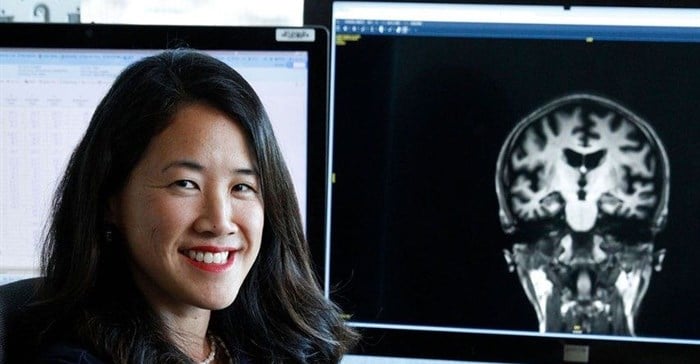An early-phase clinical trial has shown some signs suggesting improvement in the condition of mild to moderate Alzheimer's disease sufferers after receiving blood plasma infusions from young donors.

Sharon Sha, clinical associate professor of neurology and neurological sciences at Stanford University School of Medicine. Photo: Paul Sakuma
Results from the Plasma trial, short for Plasma for Alzheimer’s Symptom Amelioration, were presented at the 10th annual Clinical Trial on Alzheimer’s Disease conference in Boston by Dr Sharon Sha, a clinical associate professor of neurology and neurological sciences at Stanford University School of Medicine and the trial’s principal investigator.
Sha noted that the finding of safety wasn’t surprising, given that blood-plasma infusions have long been in widespread use for other indications and are considered extremely safe. More surprising, she said, were hints of recipients’ improvement on tests of functional ability: the capacity to perform basic tasks essential to independent daily life, such as remembering to take medications and being able to pay bills and prepare one’s own meals.
The Plasma trial was designed to test a hypothesis advanced by Tony Wyss-Coray, PhD, Stanford professor of neurology and neurological sciences and a senior research career scientist at the Veterans Affairs Palo Alto Health Care System, where research has shown that factors in the blood of young mice can rejuvenate the brain tissue and improve cognitive performance in old mice.
Larger studies needed
Sha cautioned that these assessments were based on caregiver reports and that the number of participants in the study — 18 — was small. Further studies on larger numbers of participants will be necessary before conclusions about efficacy can be reached, she said.
Read the full report here.















































